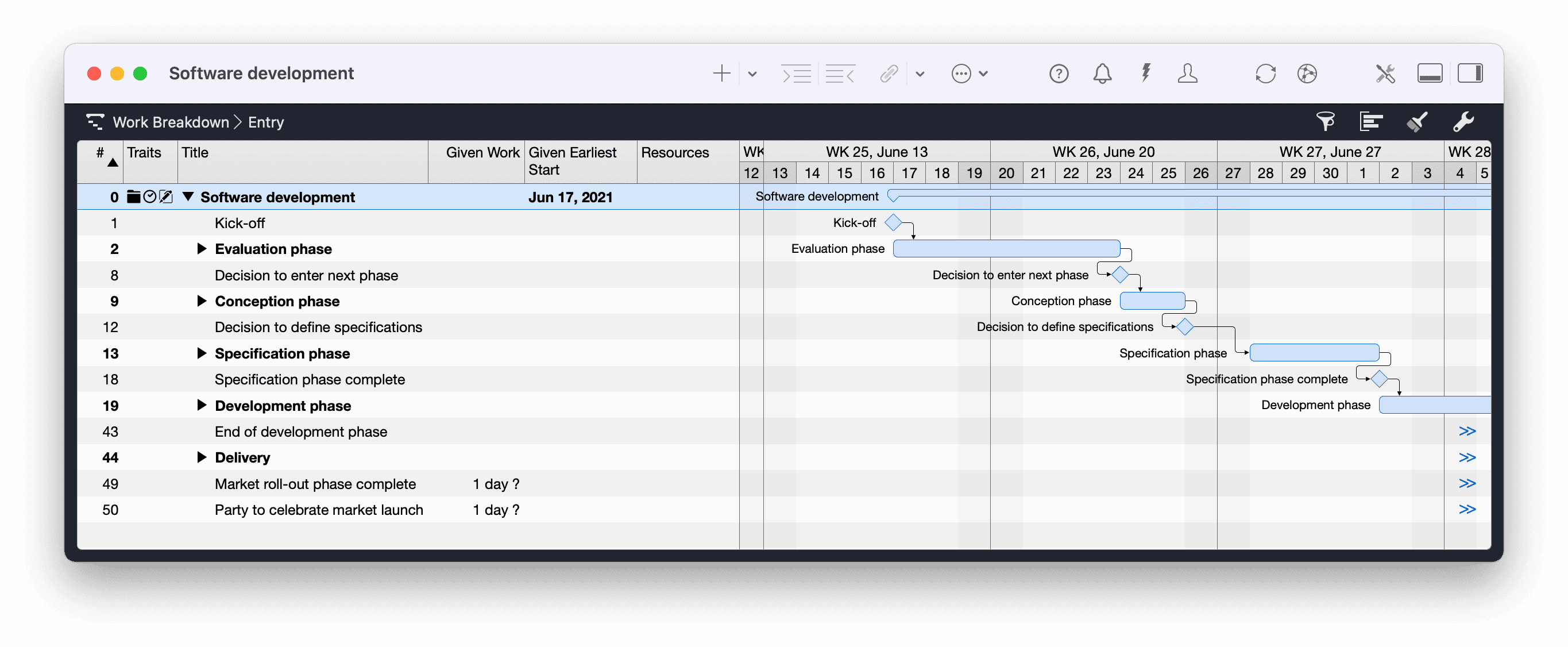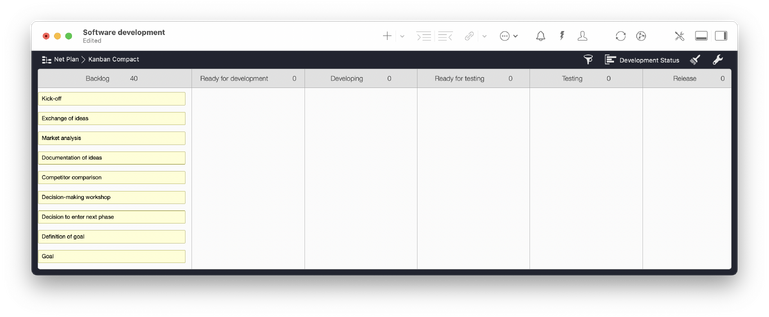Agile or Classic: Planning And Managing IT Projects

The term "IT" is an appreviation of Information Technology. It is used for all sectors of information, communication and data processing. The IT sector therefore includes hardware manufacturers, IT service providers, software developers, consulting groups, software vendors, system houses, agencies and cloud providers.
Nowadays, almost everything is equipped with IT solutions, be it the computer you are currently using, the smartphone, or even everyday things like the light switch or the coffee machine. There is software and hardware everywhere these days. And thus the importance of the IT industry is becoming increasingly important.
The 4 Sub-Segments Of The IT Industry
New achievements in information technology are constantly changing our professional and private lives. The industry can therefore generally be divided into four application-specific sub-segments:
1. Business IT: This includes IT environments in the trading, stock exchange, insurance, banking and tax sectors.
2. Industrial IT: The industrial sector is characterized in its production processes by increasing networking and automation of machines (machine communication, machine automation) by means of its own control systems (bus systems), with IT being dynamically linked - in some cases across plants - to relevant business processes and information and resource planning systems.
3. Communications IT: This area deals with the strategic use of telecommunications in everyday life and at work.
4. Entertainment IT: Gaming equipment and consoles as well as multimedia applications are configured and adapted to meet specific needs.
Occupational Fields In The IT Industry
Focus On Computer Science
-
Application development specialists are responsible for the development of platforms, business applications, databases and online games, among other things.
-
The areas of responsibility of IT specialists system integration include network administration including troubleshooting, planning & configuration of IT environments according to customer requirements.
-
Informatics Clerks deal with the administration and adaptation of IT systems, needs assessment, customer consulting, development of support applications, etc.
-
Tasks in the area of business IT aspects, user training with regard to new devices or products, purchase advice, installation, configuration as well as commissioning of IT systems are among other things part of the activities of IT Systems Management Assistants.
Focus On Telecommunications
The application developers web-based & mobile solutions take care of the development of special web applications (responsive design) for smartphones and tablets, among other things.
Focus On Electronics
-
The responsibilities of IT systems electronics technicians include the installation and configuration of network devices including components, setting up the power supply, software installations, troubleshooting, customer consulting.
-
Information and systems electronics technicians are concerned with, among other things, the installation and networking of computers, IT environments and electronic equipment, system testing, functional testing.
-
Information electronics technicians repair and maintain IT equipment as well as consumer electronics, etc.
Projects in the IT industry
Projects carried out in this industry are as diverse as the individual occupational fields. Projects in the IT industry often revolve around the ambition to make the IT landscape even better, faster and stronger. For implementation projects, for example, the IT project manager conducts analyses, evaluates the market, creates a roadmap and manages the implementation. In doing so, the IT project manager, as the person responsible for the project, finds himself in the area of conflict between the 3 factors to be optimized: "time", "costs" and "quality".

Rocking a project from A to Z is not easy. In project management, there are international standards such as the PMBOK of the Project Management Institute (PMI) or projects in controlled environments PRINCE2. Agile methods such as Scrum are also ideal, especially for complex projects.
An agile approach has proven itself for complex software development projects. Instead of a scheduled process, after the initial phase work is done in short development cycles (sprints), which are not called iterations for nothing. Through constant testing and feedback, the feature or product is continuously improved from sprint to sprint. This allows the team to react promptly and flexibly to changing requirements, market and general conditions.

With Merlin Project it is even possible to use both approaches, traditional and agile at the same time for the project. Start agile. Project management doesn't get any easier than in the Kanban view: Collect your tasks in the left column as cards. As the project progresses, move them to the right until they finally end up in the Completed column. When you switch the view between the Kanban board and the structure plan in Merlin Project, you experience the magical effect: The Gantt bars fill up automatically. This is hybrid project management.
The project template 'Software Development' is included in the feature set of Merlin Project. So download our project management software now and start the free 30 day trial today to get to know all the features of Merlin Project.

